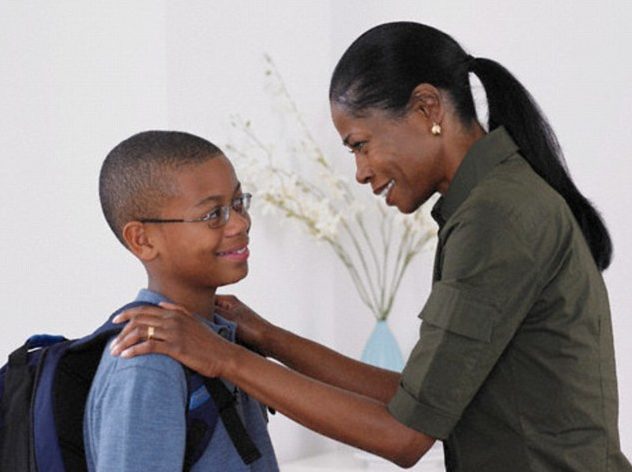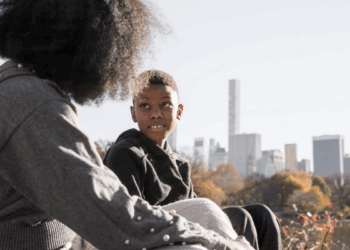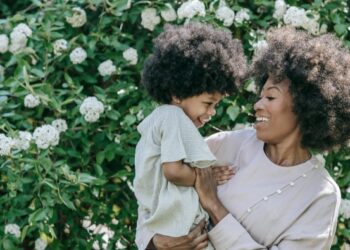As a result, these kids have trouble regulating their own emotions when they grow up. It’s only natural because they never really learned the skills they need to deal with negative emotions.
A 2013 study backs up this theory. University of Mary Washington researchers found that kids of helicopter parents are more likely to be depressed and less satisfied with their lives.
3. They have anxiety
Teenagers and adults who have anxiety, especially social anxiety disorder, are more likely to come from overprotective parents.
This may be a case where children are picking up on the anxiety of their parents. When they grow up seeing their parents hover and worry about everything, they are likely to think things are more dangerous than they are.
4. They may engage in risky behavior
It’s natural for children to start taking risks when they become pre-teens and teenagers. This is a time when kids are starting to exert some independence and start making some of their own decisions. With overprotective parents, kids are robbed of this experience. They may not be allowed to take public transportation, go on dates or travel with their friends. When they leave the house and finally have freedom, some of these children take the opportunity to go wild.
5. They rely on medication
Kids of overprotective parents aren’t used to being uncomfortable. Not only will the parents try to prevent their kids from getting hurt or sick, but they will do whatever they can to minimize pain when they do. As kids, they are likely used to taking pain relievers, but either way, they’re looking for instant gratification. When they start hurting, they’re likely to pop a pill to fix the problem.
Researchers at the University of Tennessee at Chattanooga found that students with overprotective parents were more likely to rely on anxiety and depression medications. These same students were also more likely to take painkillers recreationally, contributing to the current opioid epidemic.
If you’re worried that your parenting style is too overprotective, try to think of ways you can safely give your kids more freedom. They’ll grow into better adjusted and more functional adults.







